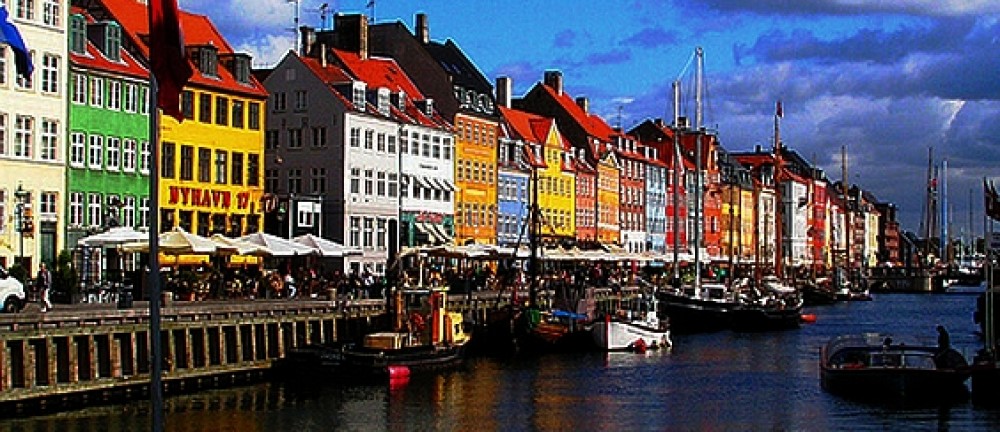“Cardholders may redeem Reward Points for a scheduled airline ticket”.
In Danish a regularly flown airline-route is NOT a scheduled flight, it is a “route-flight”. Therefore a direct translation to “Kortindehavere kan indløse præmiepoint for en planlagt flybillet” actually means in Danish something like “Cardholders may redeem Reward Points for a planned airline ticket”. The correct translation is: “Kortindehavere kan indløse præmiepoint for en ruteflybillet”.
This one is hilarious: “Tickets will be non-refundable and non-changeable coach class tickets” was translated to: “Billetter vil ikke refunderes, og busbilletter kan ikke ændres”, which means “Tickets will not be refunded and bustickets cannot be changed” . How did Bustickets get in there? Well, think of the other meaning of Coach…
The correct translation is: “Billetter vil være ikke-refunderbare og ikke-omskiftelige turistklasse (eller Coach-class) biletter”.

